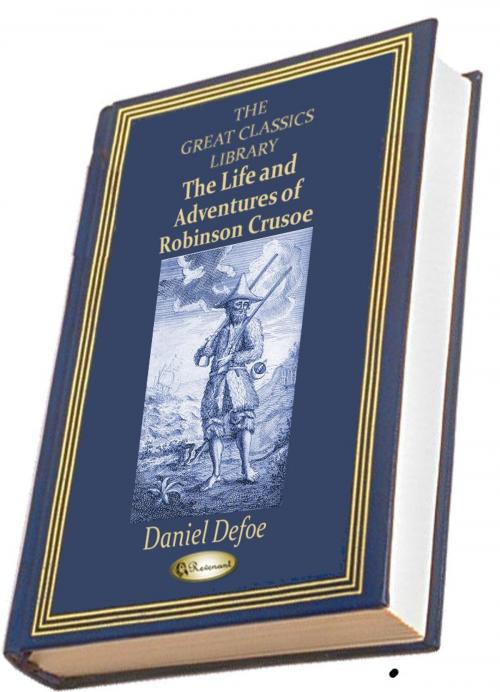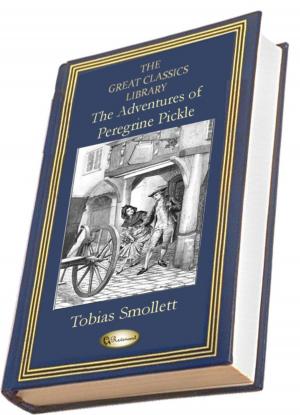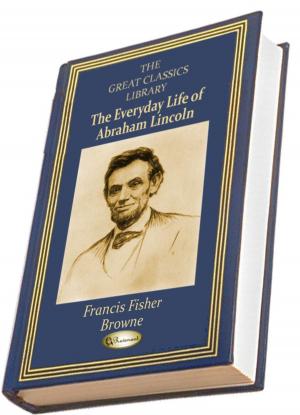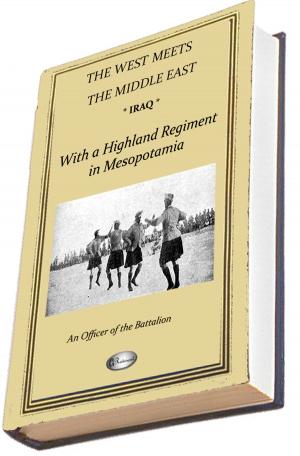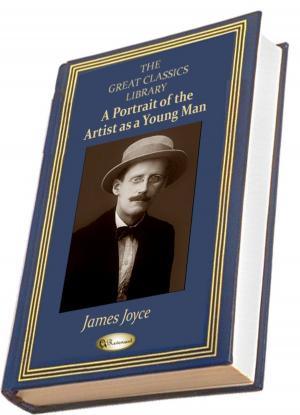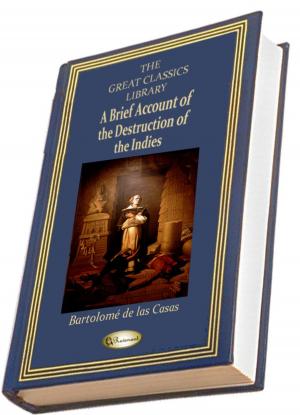The Life and Adventures of Robinson Crusoe
Fiction & Literature, Movie & Television Tie-Ins, Classics, Historical| Author: | Daniel Defoe | ISBN: | 1230000097874 |
| Publisher: | Revenant | Publication: | January 9, 2013 |
| Imprint: | Language: | English |
| Author: | Daniel Defoe |
| ISBN: | 1230000097874 |
| Publisher: | Revenant |
| Publication: | January 9, 2013 |
| Imprint: | |
| Language: | English |
This novel, which has inspired not only numerous retellings on-screen, but innumerable other tales of people stranded on islands, was first published on April 25, 1719. Robinson Crusoe himself was then credited as its author, and its original title was much longer: "The Life and Strange Surprizing Adventures of Robinson Crusoe, of York, Mariner: Who lived Eight and Twenty Years, all alone in an un-inhabited Island on the Coast of America, near the Mouth of the Great River of Oroonoque; Having been cast on Shore by Shipwreck, wherein all the Men perished but himself. With An Account how he was at last as strangely deliver'd by Pirates." Epistolary, confessional, and didactic in form, the book is a fictional autobiography of the title character (whose birth name is Robinson Kreutznaer)—who spends 28 years as a castaway on a remote tropical island near Trinidad. Before being rescued, he encounters cannibals, captives, and mutineers.
Defoe might have based his novel on a number of stranded narratives of his time. The most famous was that of Alexander Selkirk, a Scottish castaway who lived for four years on the Pacific island called "Más a Tierra" (which in 1966 changed its name to Robinson Crusoe Island), Chile. But a number of other tales might have inspired the text, among them the Latin or English translations of Ibn Tufail's Hayy ibn Yaqdhan, an earlier novel also set on a desert island and Robert Knox's account of his abduction by the King of Ceylon in 1659 in "An Historical Account of the Island Ceylon," Glasgow: James MacLehose and Sons (Publishers to the University), 1911.. In his 2003 Book "In Search of Robinson Crusoe", Tim Severin contends that the account of Henry Pitman in a short book chronicling his escape from a Caribbean penal colony and subsequent shipwrecking and desert island misadventures, is the inspiration for the story.
Simple in style, Robinson Crusoe was well received in the literary world and is often credited as marking the beginning of realistic fiction as a literary genre. Before the end of 1719 the book had already run through four editions; it has gone on to become one of the most widely published books in history, spawning numerous sequels and adaptations for stage, film, and television.
This novel, which has inspired not only numerous retellings on-screen, but innumerable other tales of people stranded on islands, was first published on April 25, 1719. Robinson Crusoe himself was then credited as its author, and its original title was much longer: "The Life and Strange Surprizing Adventures of Robinson Crusoe, of York, Mariner: Who lived Eight and Twenty Years, all alone in an un-inhabited Island on the Coast of America, near the Mouth of the Great River of Oroonoque; Having been cast on Shore by Shipwreck, wherein all the Men perished but himself. With An Account how he was at last as strangely deliver'd by Pirates." Epistolary, confessional, and didactic in form, the book is a fictional autobiography of the title character (whose birth name is Robinson Kreutznaer)—who spends 28 years as a castaway on a remote tropical island near Trinidad. Before being rescued, he encounters cannibals, captives, and mutineers.
Defoe might have based his novel on a number of stranded narratives of his time. The most famous was that of Alexander Selkirk, a Scottish castaway who lived for four years on the Pacific island called "Más a Tierra" (which in 1966 changed its name to Robinson Crusoe Island), Chile. But a number of other tales might have inspired the text, among them the Latin or English translations of Ibn Tufail's Hayy ibn Yaqdhan, an earlier novel also set on a desert island and Robert Knox's account of his abduction by the King of Ceylon in 1659 in "An Historical Account of the Island Ceylon," Glasgow: James MacLehose and Sons (Publishers to the University), 1911.. In his 2003 Book "In Search of Robinson Crusoe", Tim Severin contends that the account of Henry Pitman in a short book chronicling his escape from a Caribbean penal colony and subsequent shipwrecking and desert island misadventures, is the inspiration for the story.
Simple in style, Robinson Crusoe was well received in the literary world and is often credited as marking the beginning of realistic fiction as a literary genre. Before the end of 1719 the book had already run through four editions; it has gone on to become one of the most widely published books in history, spawning numerous sequels and adaptations for stage, film, and television.
